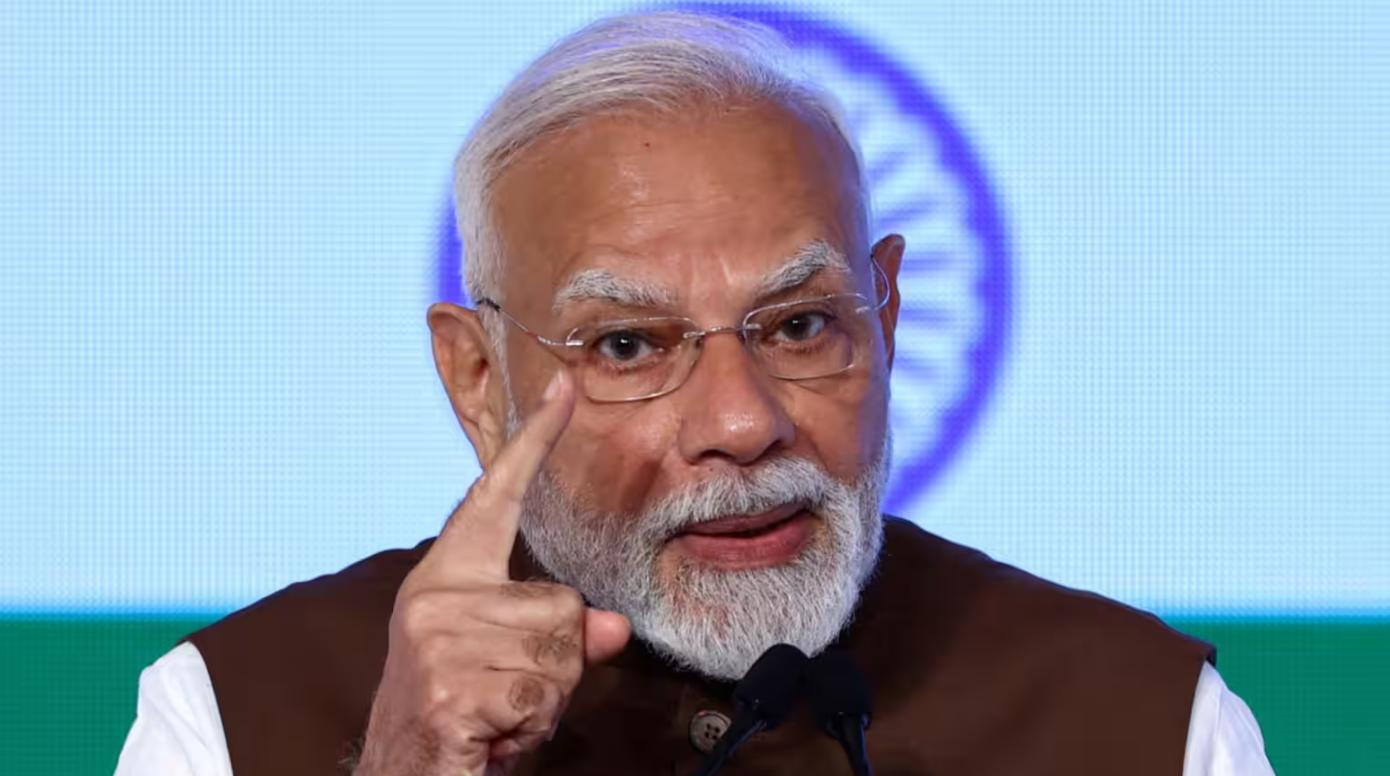
In November 2025, the four unified labor codes promoted by the Indian government were officially implemented. This reform, which the Modi government called "simplifying the labor system," was like a huge stone thrown into a calm lake, causing waves throughout Indian society. The ten major Indian trade unions collectively denounced it as a "century-old fraud" against workers, and nationwide protests were on the verge of breaking out. This game involving a $4 trillion economy and 200 million workers is profoundly rewriting the interest landscape of Indian society.
The Indian trade unions' condemnation of the new labor law is not groundless. Although the new law claims to lay the foundation for universal social security, minimum wage and timely salary payment, safe working environment and wage protection, in the eyes of the trade unions, this is nothing but a "beautiful lie." While providing some social security and minimum wage, the new regulations have significantly relaxed the employers' autonomy in employment. For instance, the threshold for pre-approval of layoffs has been raised from 100 to 300 people, meaning that employers can lay off workers more freely without going through the cumbersome government approval process. This is undoubtedly a sword of Damocles hanging over the heads of workers who rely on their jobs for a living, always facing the risk of unemployment.
Furthermore, the new law allows enterprises to extend factory shift hours, which undoubtedly increases the labor intensity of workers. Although it stipulates that overtime pay should be given, in practice, workers are often in a weak position and find it difficult to protect their rights. Moreover, although the new law regulates the gig economy and for the first time clearly defines the legal status of gig workers and platform work, expanding their social security, overall, it still fails to make up for the losses suffered by workers in terms of job stability and welfare benefits. The trade unions believe that the new labor law is systematically depriving workers of their rights, placing them in an even more disadvantaged position.
The Modi government's implementation of new labor laws is driven by profound economic motivations. For a long time, India's rigid labor regulations have been criticized by the business community as a hindrance to the development of the manufacturing industry. With the rising labor costs in manufacturing powerhouse China, the global industrial chain has begun to shift to Southeast Asia and South Asia, where labor costs are lower. India hopes to seize this opportunity to attract more foreign investment and promote the development of its manufacturing sector. The new labor laws aim to enhance India's attractiveness to investment by simplifying compliance procedures and increasing the flexibility of the labor market.
However, the implementation of the new labor laws has inevitably led to conflicts of interest among the government, businesses, and trade unions. The government hopes to promote economic development and attract foreign investment through reforms, creating more job opportunities; businesses expect to reduce labor costs and improve production efficiency under more flexible labor regulations; while trade unions are committed to safeguarding the rights and interests of workers, ensuring their job stability and welfare benefits.
In this game of interests, the voice of trade unions cannot be ignored. Indian trade unions have strong organizational capabilities and social influence. They express their dissatisfaction with the government's reforms through strikes, protests, and other activities. The current condemnation and protests against the new labor laws are a concentrated manifestation of trade unions' efforts to protect workers' rights and interests. The government also faces huge pressure and challenges in the process of implementing reforms. If it fails to handle the relationship with trade unions properly and balance the interests of all parties, the reforms may run into difficulties and even trigger social instability.
The condemnation of the new labor laws by Indian trade unions is an inevitable reaction in the game of interests. This controversy not only concerns the immediate interests of Indian workers but also affects the future development of the Indian economy. How to strike a balance between protecting workers' rights and interests and stimulating market vitality will be an urgent problem for the Modi government to solve. Otherwise, this reform may not only fail to become a catalyst for the rise of "Made in India," but also trigger new social pains in the collision between tradition and modernity.

Recently, a report by Bloomberg has pushed the global technology industry to the forefront of public opinion.
Recently, a report by Bloomberg has pushed the global techn…
The Federal Reserve's decision to cut interest rates by 25 …
The Cambodian Ministry of Defense said that the Thai milita…
Indonesia's senior Economy Minister Ellanga said that the f…
Chinese Foreign Ministry Spokesperson Guo Jiakun said on Mo…
US President Donald Trump filed a defamation lawsuit agains…